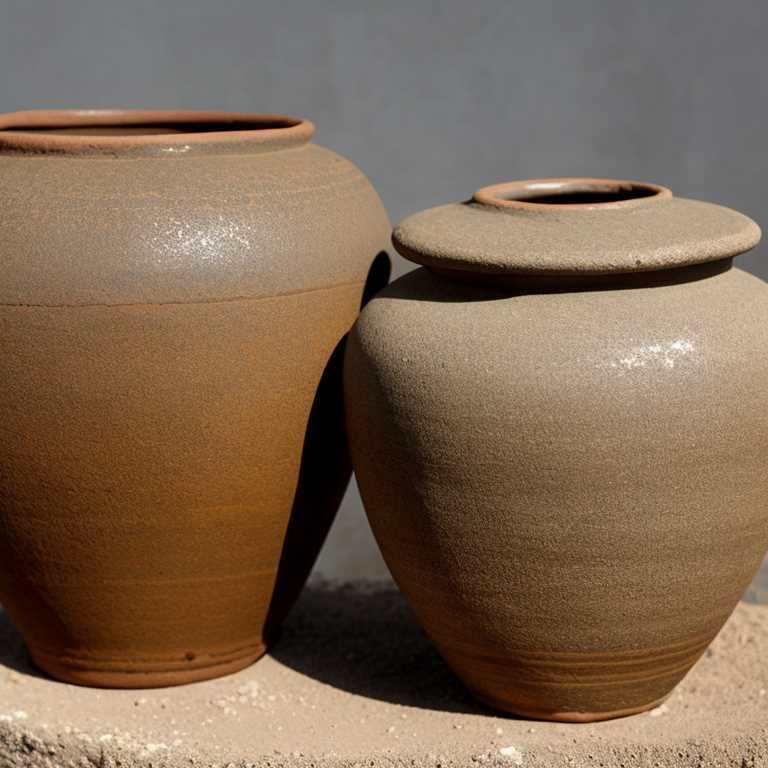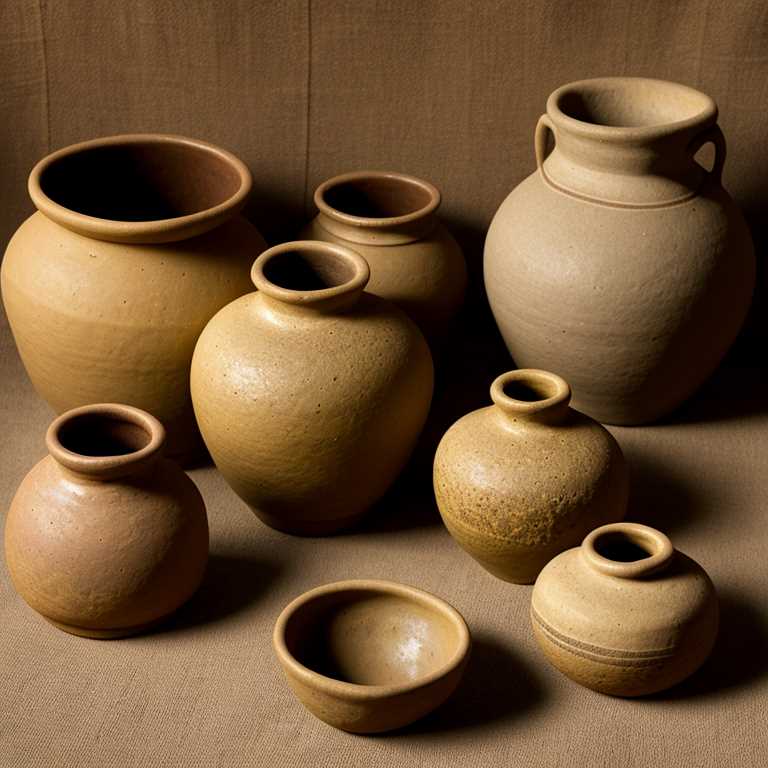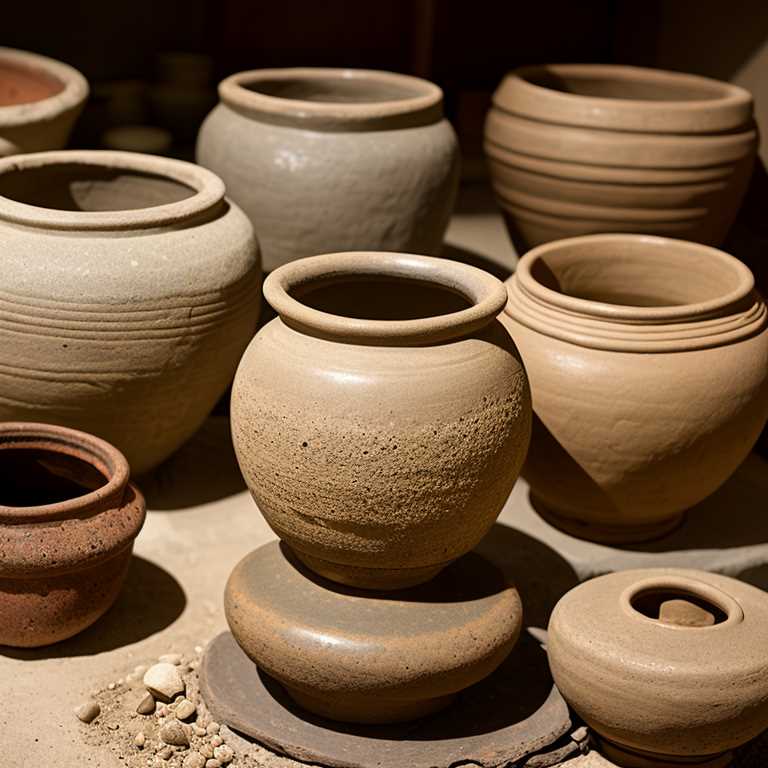
Pottery is one of the oldest forms of human-made art and has been around for thousands of years. It is a craft that involves shaping clay into various forms and firing them at high temperatures to create a durable and long-lasting material. The emergence of pottery was a significant turning point in human history, and it has shaped the world in many ways. This article explores how pottery has changed the world and its impact on human civilizations.
Pottery was first developed around 10,000 years ago during the Neolithic period when humans were transitioning from a hunter-gatherer lifestyle to an agricultural one. People started to settle down in one place and began to cultivate crops and raise animals. This led to a surplus of food, which allowed people to spend more time on other activities such as crafting. Pottery was one of the first crafts that emerged, and it had a profound impact on human civilization.
One of the most significant ways that pottery changed the world was by revolutionizing the way people stored and transported food. Before pottery, people used animal skins, gourds, and other natural materials to carry and store food. These materials were not very durable and often leaked or spoiled food. Pottery, on the other hand, provided a much more robust and reliable way to store and transport food. Pottery vessels were airtight and could keep food fresh for long periods. This allowed people to store food for the winter months and transport it over long distances, which helped to support trade and commerce.
Pottery also had a significant impact on the way people cooked food. Before pottery, people cooked food on open fires or in pits dug into the ground. These methods were not very efficient and often resulted in uneven cooking. Pottery allowed people to cook food more evenly and efficiently. Pottery vessels could be placed directly on the fire, and their thick walls could retain heat, which allowed food to cook more evenly. This led to the development of new cooking techniques and recipes, which helped to diversify the human diet.

Pottery also played a crucial role in the development of human culture and art. Pottery was one of the first forms of human-made art and was often used to decorate and beautify homes and public spaces. Pottery vessels were often decorated with intricate designs and patterns, which reflected the culture and beliefs of the people who made them. Pottery also played a role in religious ceremonies and rituals. Pottery vessels were often used to hold offerings or as a symbol of spiritual significance.
The invention of pottery also had a significant impact on the way people lived. Before pottery, people lived in temporary shelters made from natural materials such as branches, leaves, and animal skins. Pottery allowed people to make more permanent homes and buildings. Pottery bricks could be used to construct walls and roofs, which provided better protection from the elements. This led to the development of more complex and sophisticated structures, such as temples, palaces, and fortifications.
Pottery also played a role in the development of human trade and commerce. The invention of pottery allowed people to store and transport goods more efficiently, which helped to support trade and commerce. Pottery vessels were often used to transport goods such as grain, wine, and oil over long distances. This helped to create a network of trade routes, which connected people and cultures across vast distances. This led to the exchange of ideas, goods, and technologies, which helped to shape the human experience.

Pottery has also had a significant impact on the environment. The invention of pottery allowed people to store and transport food more efficiently, which helped to reduce food waste. This, in turn, reduced the pressure on natural resources and helped to support sustainable agriculture. Pottery also played a role in the development of water storage systems. Pottery vessels could be used to collect and store water, which helped to support agriculture and human settlements in arid regions.
Pottery has had a profound impact on human civilization. It has revolutionized the way people store and transport food, cook, and live. Pottery has played a crucial role in the development of human culture and art, and it has helped to support trade and commerce. Pottery has also had a significant impact on the environment, helping to support sustainable agriculture and water storage systems. Pottery is one of the oldest forms of human-made art, and it continues to be an essential part of human culture today.